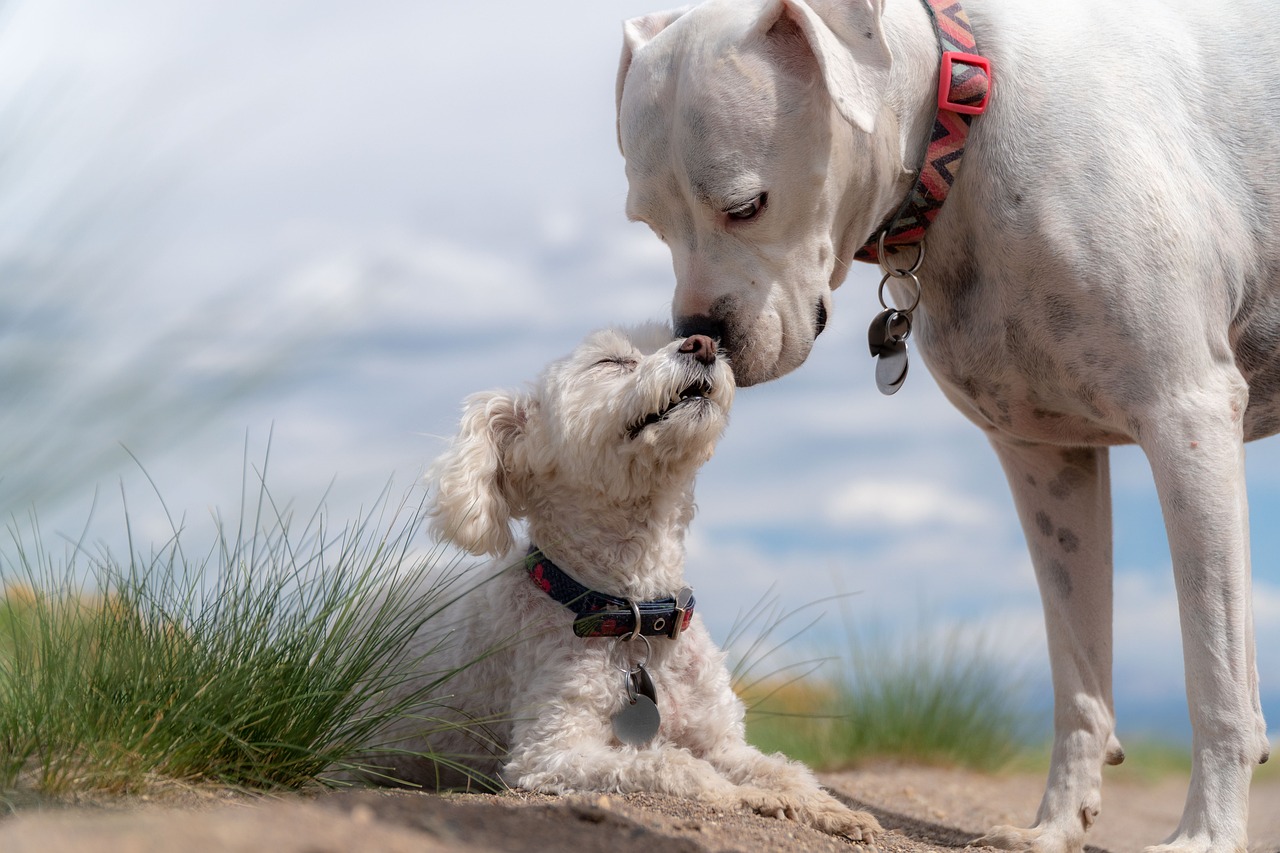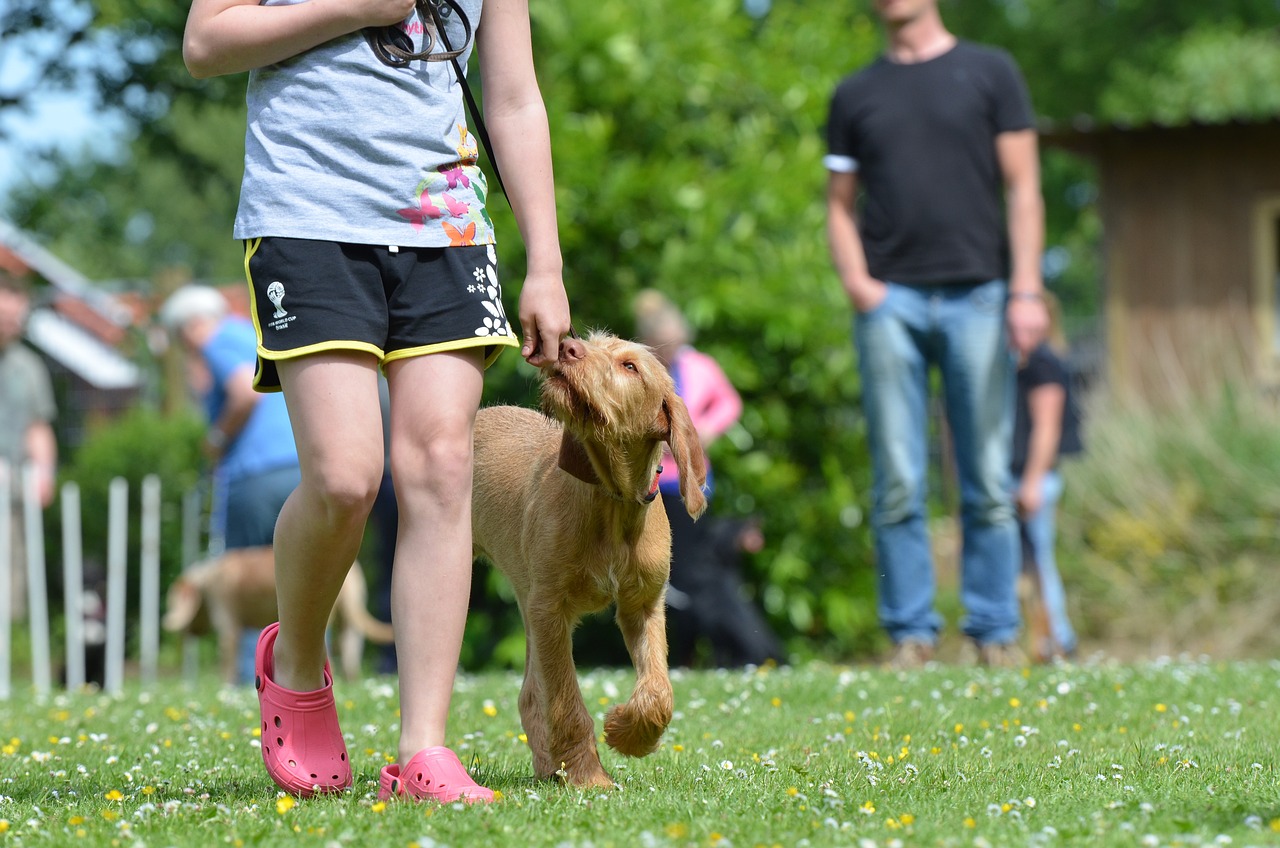I. Introduction
Challenging behaviors can manifest in various forms, with anxiety and aggression often at the forefront. Understanding the link between these two emotions is crucial in helping individuals regain control over their lives and mental well-being.
II. Understanding the Link
A. How Anxiety Triggers Aggression
Anxiety, characterized by feelings of fear, worry, and unease, can be a potent trigger for aggression. When individuals feel overwhelmed by their anxiety, they may respond with aggression as a coping mechanism. This aggression can be directed towards others or even turned inward, leading to self-destructive behaviors. To manage challenging behavior, it’s essential to address the root cause: anxiety.
B. Impact of Aggression on Mental Health
Aggressive behavior, whether it’s verbal or physical, can have a profound impact on an individual’s mental health. It can lead to feelings of guilt, shame, and isolation, further exacerbating anxiety. This vicious cycle underscores the importance of recognizing and addressing both anxiety and aggression to break free from this harmful pattern.
III. Recognizing Signs and Symptoms
A. Physical Signs
Physical symptoms of anxiety may include increased heart rate, muscle tension, and even sweating. In contrast, aggression can manifest as a flushed face, clenched fists, and increased physical activity. Recognizing these signs in oneself or others is a crucial step in intervention.

B. Behavioral Indicators
Individuals experiencing anxiety may exhibit behaviors such as withdrawal, restlessness, or hypervigilance. Aggressive behavior, on the other hand, often includes shouting, threatening, or physical violence. Identifying these behaviors early can facilitate appropriate responses and support.
IV. Factors Contributing to Anxiety and Aggression
A. Biological Factors
Anxiety and aggression are not solely products of one’s environment; they have biological components. Genetics and brain chemistry can influence an individual’s susceptibility to anxiety and aggressive tendencies. Understanding these factors can aid in tailoring treatment approaches.
B. Environmental Factors
Environmental triggers, such as traumatic experiences, ongoing stress, or substance abuse, can significantly contribute to the development of anxiety and aggression. Identifying and addressing these factors is essential for effective management.
V. Coping Strategies for Anxiety
A. Cognitive Behavioral Therapy
Cognitive-behavioral therapy (CBT) is a highly effective approach for managing anxiety. It helps individuals identify and change negative thought patterns, thus reducing anxiety levels and the associated aggression. With the guidance of a trained therapist, individuals can learn healthier coping mechanisms.
B. Medications
In some cases, medication may be prescribed to manage anxiety symptoms. Antidepressants and anti-anxiety medications can provide relief, but it’s crucial to work closely with a healthcare professional to find the right medication and dosage.
C. Relaxation Techniques
Practicing relaxation techniques, such as deep breathing, mindfulness, or meditation, can help individuals manage anxiety and reduce the likelihood of aggressive outbursts. These techniques promote self-awareness and emotional regulation.
VI. Managing Aggressive Behavior
A. Conflict Resolution
Conflict resolution skills are vital in managing aggressive behavior. Learning to communicate effectively, empathize with others, and find mutually beneficial solutions can prevent conflicts from escalating.
B. Anger Management
Anger management programs offer tools and strategies for individuals to control their anger and aggressive tendencies. These programs teach individuals to recognize their triggers and find healthier ways to express their emotions.

VII. The Role of Support Systems
A. Family Support
Family support plays a critical role in managing anxiety and aggression. Encouraging open communication and understanding within the family can create a nurturing environment that helps individuals cope with these challenging emotions.
B. Professional Help
Seeking professional assistance is often necessary to address anxiety and aggression effectively. Psychologists, therapists, and counselors are trained to provide guidance, support, and evidence-based treatments.
VIII. Preventing Future Episodes
A. Lifestyle Modifications
Making lifestyle changes, such as adopting a healthy diet, regular exercise, and sufficient sleep, can significantly reduce anxiety and aggression. These modifications promote overall well-being and resilience.
B. Stress Reduction
Stress is a common trigger for both anxiety and aggression. Implementing stress reduction techniques like time management, hobbies, and social support can help prevent future episodes.
IX. Conclusion
In conclusion, anxiety and aggression are challenging emotions to manage, but it is possible with the right strategies and support. By understanding the link between these two emotions, recognizing their signs and symptoms, addressing the underlying factors, and employing effective coping mechanisms, individuals can regain control over their lives and find a path to inner peace.
X. FAQs
- What are the common triggers for anxiety-induced aggression?Common triggers for anxiety-induced aggression can include stress, past trauma, financial difficulties, and relationship conflicts.
- How can cognitive-behavioral therapy help in managing anxiety?Cognitive-behavioral therapy helps individuals identify and change negative thought patterns, reducing anxiety and the associated aggression by teaching healthier coping mechanisms.
- Are there natural remedies for reducing aggression?Natural remedies may include stress-reduction techniques, regular exercise, and mindfulness practices, which can help reduce aggression when used in combination with professional guidance.
- Can aggressive behavior be completely eliminated through therapy?While therapy can be highly effective, complete elimination of aggressive behavior depends on individual circumstances and the effectiveness of treatment. It is possible to significantly reduce aggressive tendencies with therapy.
- What role does communication play in resolving conflicts related to aggression and anxiety?Effective communication is vital in resolving conflicts related to aggression and anxiety. It enables individuals to express their emotions, understand others, and find solutions that reduce aggressive behavior and alleviate anxiety.







